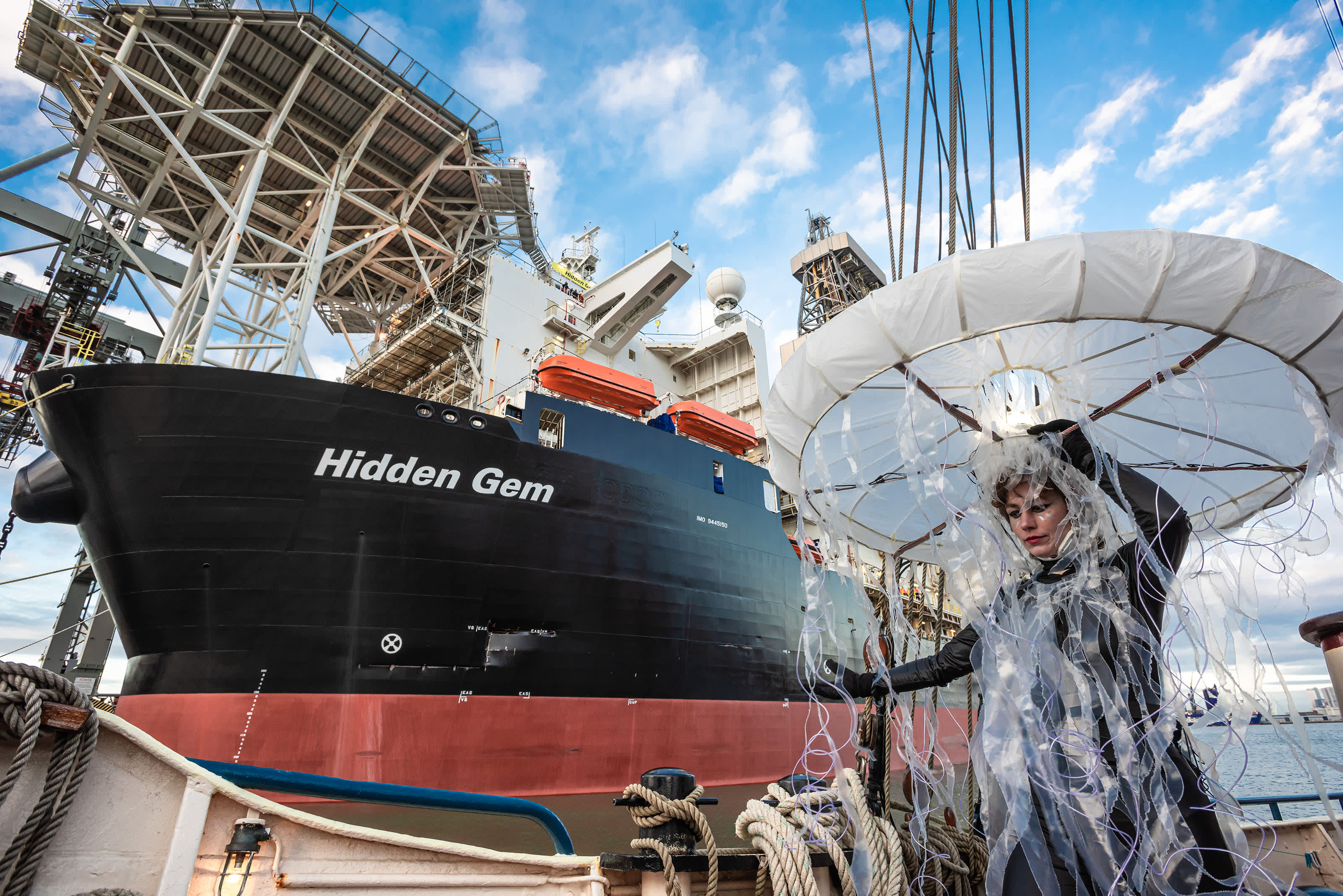Protestors call for a global ban on deep-sea mining. Norway is the first nation to proceed with the extraction of minerals from the ocean floor. The government believes that this approach could contribute to the worldwide shift away from fossil fuels. It also argues that every country should seek sustainable methods of gathering metals and minerals. However, scientists caution that the full environmental impact of deep-sea mining is challenging to anticipate, and environmental organizations condemn the approval, calling the process extremely harmful, sending a negative message to the world. Anne-Sophie Roux, from the Sustainable Ocean Alliance, emphasized the need to comprehend the environmental risks associated with deep-sea mining, rather than justifying a practice known to have massive adverse effects on marine life and the planet’s well-being.
Nodules the size of potatoes containing essential metals like cobalt, nickel, copper, and manganese are found on the seafloor. These metals, along with other strategic minerals and rare earth elements, are crucial for various applications, such as electric vehicle batteries, wind turbines, and solar panels. With the increasing demand for these resources, Norway’s Energy Minister Terje Aasland highlighted the necessity to diversify the global supply chain for minerals, as the current dependency on Russia and China is unsustainable. He stressed that Norway has a long-standing tradition of sustainably utilizing resources from the Norwegian continental shelf and intends to apply the same approach to seabed minerals.
The International Energy Agency (IEA) has warned about the inadequacy of current mineral supply to meet the demands of the energy sector. This deficiency is attributed to the high concentration of production in specific geographical areas. For instance, the majority of rare earth reserves are located in China, with other significant reserves in Vietnam, Brazil, and Russia.
Norway’s parliamentary decision allows companies to apply for mining in its national waters near the Svalbard archipelago, but the government does not plan to commence extraction immediately. Companies seeking licenses will have to submit proposals, which will be evaluated on a case-by-case basis. A commercial license for exploration could be granted as early as next year, while mineral extraction may not occur until the next decade.
Norway’s approval of deep-sea mining contradicts the positions of the U.K. and the European Commission, both of which have advocated for a temporary ban due to environmental concerns. In response to this criticism, Aasland emphasized that the vote outcome would help lawmakers gain a better understanding of whether seafloor mineral extraction can be conducted sustainably. Similarly, Anne-Sophie Roux criticized Norway’s decision, labeling it as irresponsible and contradictory to the country’s image as a climate leader.
The debate underscores the importance of gaining more knowledge about deep-sea mining before making decisions. Researchers fear that exploration and exploitation activities could permanently disrupt unique marine ecosystems, leading to irreversible damage and potentially causing species extinction. While recognizing the critical role of minerals in the new energy systems, Maria Varteressian, Norway’s deputy foreign minister, stressed the importance of filling knowledge gaps before considering any exploitation activities. She highlighted sustainability as a key consideration in the potential production of seabed minerals.













